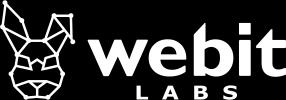

Web3 solutions are revolutionizing community engagement with blockchain technology. Solutions like NFT-based loyalty programs and DAO Governance tools foster active participation in crypto communities. Interactive rewards systems, customizable NFTs, and referral programs maximize user engagement. Harnessing the power of the best blockchain and dApp development, these innovative Web3 solutions drive year-round engagement, transforming community building in the digital world.
Advertisers can use blockchain to track ad engagement, ensuring fair payment and fostering trust with publishers and audiences.
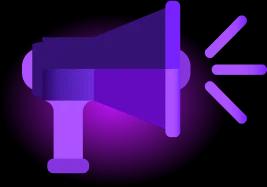
Smart contract capabilities can facilitate autonomous, community-led decision-making about fund allocation, lending policies, and interest rates.
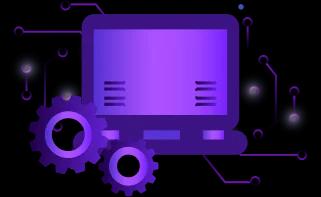
Web3 can be utilized for building communities around brands. Customers could earn tokens for actions like leaving reviews or referrals, strengthening brand loyalty and engagement.
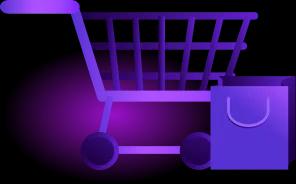
Blockchain can enable the creation of decentralized virtual worlds where users own and control their assets and data, fostering a community-driven metaverse.
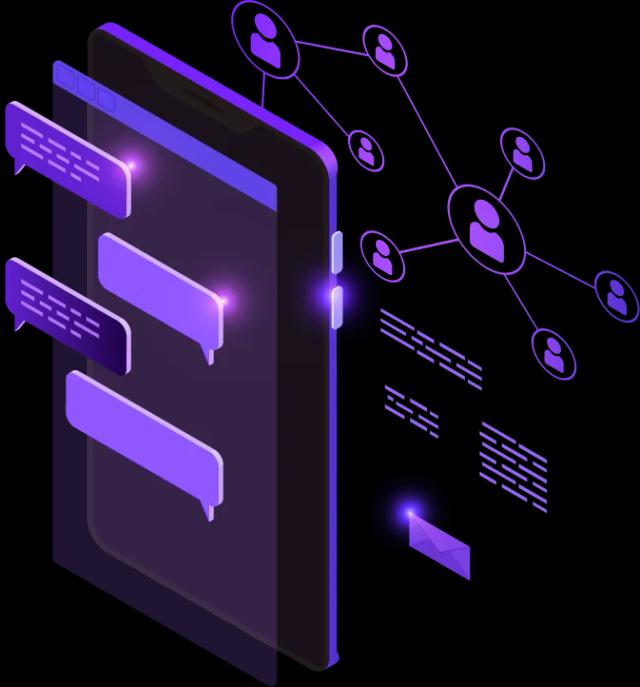
Artists can leverage Web3 solutions to build and engage their communities. They can use NFTs to sell their work directly to fans, and fans can have a stake in the artists' success.
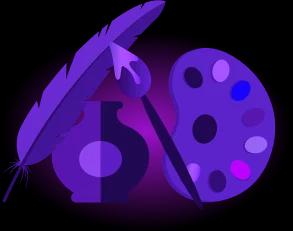
By using Web3 technologies, educators can create a decentralized system where students can directly engage in course creation, discussions, and grading policies. Blockchain can track and reward students' participation and accomplishments with tokens.

Web3 can help foster greater community involvement in decision-making within finance. Decentralized finance (DeFi) organizations can leverage this to get community input on investment strategies or governance policies.
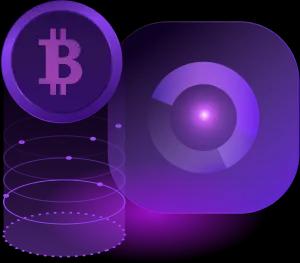
Through blockchain, patient data can be securely stored and shared, facilitating better communication and collaboration among patients, doctors, and researchers.
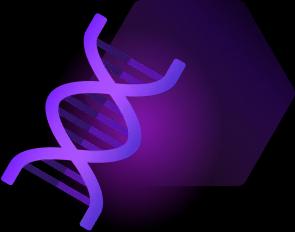
Blockchain can enhance transparency and public participation in decision-making processes. Votes can be securely cast and recorded on the blockchain, fostering trust in election outcomes.
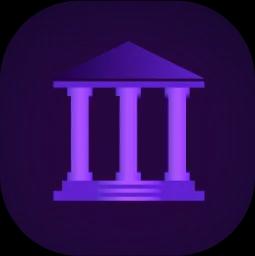
DAOs can use blockchain to enable community governance, making decision-making transparent and inclusive.
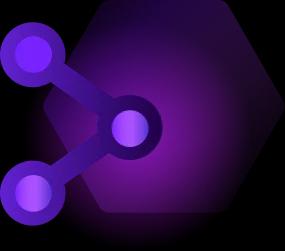
Blockchain can make the donation process more transparent, encouraging more engagement from donors who can see how their contributions are used.
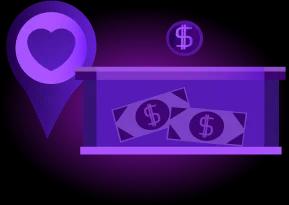
Gamers can form decentralized communities to share in-game assets, collaborate on strategies, and participate in the game development process.

Blockchain can enable artists to mint and sell NFTs directly to their community, fostering direct artist-audience relationships.
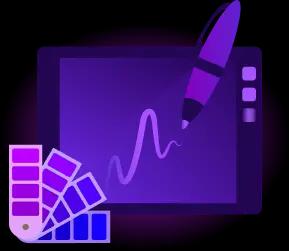
Web3 can enable collective property ownership and decision-making. Community members can own tokens representing a stake in a property, and blockchain can transparently record these stakes and any related transactions.
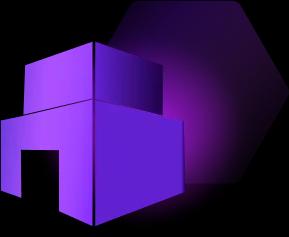
Businesses can use blockchain to share supply chain data with consumers, fostering trust and engagement. Customers can track the lifecycle of products, knowing exactly where their products come from.

Web3 solutions can be used to build fan communities, offering exclusive content, voting rights on team decisions, or even fractional ownership of teams or players through NFTs.

Blockchain technology can be used for transparent booking systems and loyalty rewards. It could also facilitate seamless payments for services, enhancing customer experience and engagement.

Blockchain can create an immutable record of transportation routes and delivery timelines, fostering transparency and trust with customers. Additionally, token rewards could incentivize customers to choose sustainable transport options.

Farmers can use blockchain to share data about farming practices and product origins, promoting transparency and building trust with consumers.

Manufacturers can use blockchain to authenticate products, preventing counterfeiting and building consumer confidence.
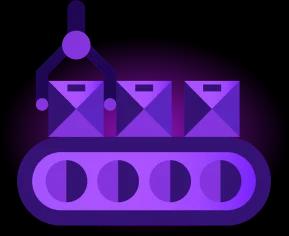
Energy companies could use Web3 for peer-to-peer energy trading systems, community-funded renewable energy projects, or transparent tracking of carbon credits.
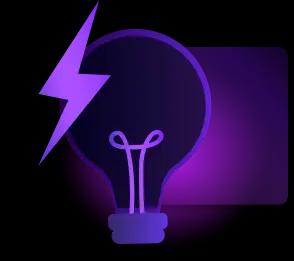
Tools like voting systems empower community members to influence project direction, creating a sense of ownership and involvement. This boosts engagement and fosters a shared sense of purpose.

Blockchain's inherent traceability and immutability allow all actions to be tracked, boosting trust and openness within the community. This transparency can be enhanced by analytics tools that provide insights into community activities and trends.
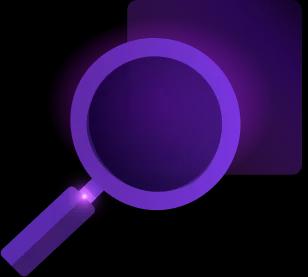
Tokenized reward systems (like staking platforms) can incentivize desired behaviors, fostering active participation and adding an economic layer to engagement. Tokens can also serve as a symbol of membership or status within the community.
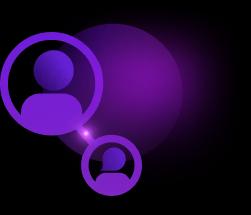
Blockchain-based verification tools can ensure that community members are who they say they are, enhancing trust and security within the community.
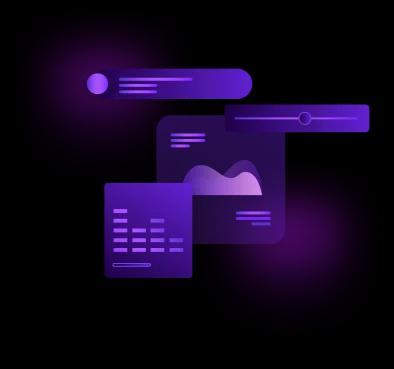
DAO tools allow communities to pool resources and collectively fund projects or causes they believe in. This shared investment can strengthen the community bond and promote active involvement.
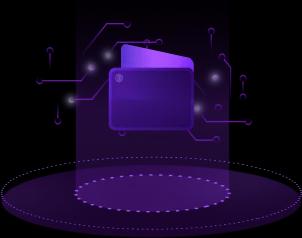
Platforms facilitating open discussions and interaction among members foster a sense of belonging and facilitate collaborative problem-solving.

The use of NFTs allows for unique ownership and exchange of digital assets within the community, further strengthening the engagement and commitment of the members.
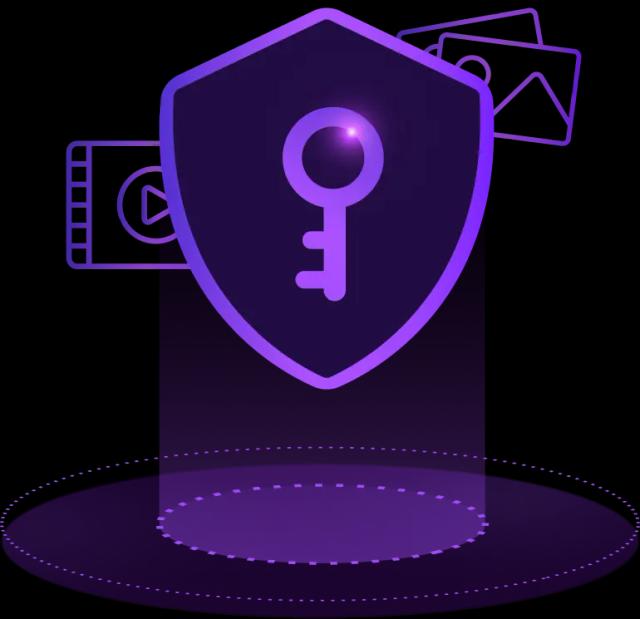
Tools like DAOs can enable community members to share in the project's success, creating a stronger sense of investment and commitment.

Blockchain agnostic platforms can connect disparate communities across different networks, encouraging cross-pollination of ideas and collaboration.
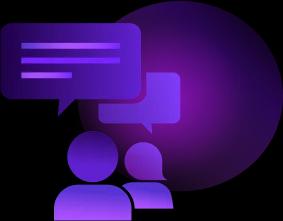
Blockchain allows users to maintain control over their data, enhancing privacy and trust within the community.
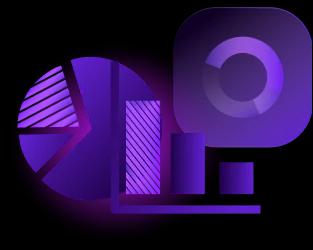
Through automated, user-friendly interfaces, members can interact, participate and contribute to the community easily, thus enhancing overall user experience and satisfaction.
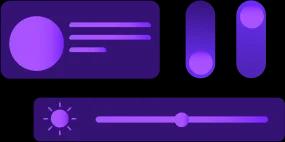
By actively engaging users in decision-making processes, companies can foster increased loyalty, resulting in higher user retention rates and improved long-term profitability.
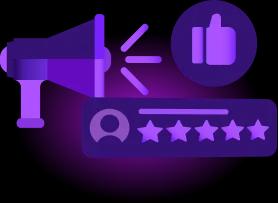
By fostering a collaborative environment, community engagement tools can accelerate the pace of innovation. Open-source tools and platforms encourage idea-sharing and collaboration, leading to more innovative solutions.
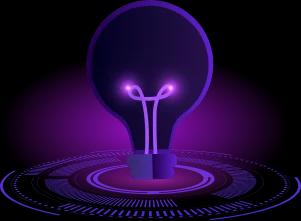
Through direct interaction with users, businesses can gain valuable feedback on products and services, helping in continuous improvement and refinement of offerings.

Engaged community members are more likely to advocate for the brand, leading to increased brand exposure and new customer acquisition.
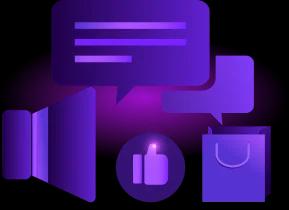
Blockchain-based analytics tools can provide real-time data on community interactions, allowing businesses to make informed decisions and tailor their strategies based on user behaviors and preferences.
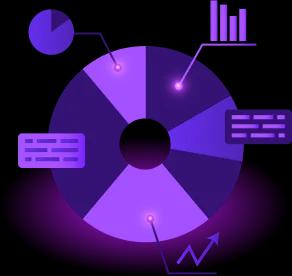
Through DAO tool suites, businesses can decentralize decision-making, thereby reducing the risk of single-point failures and enhancing business continuity.
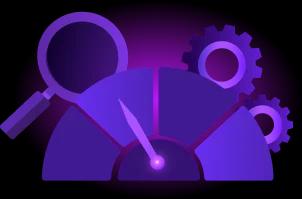
By enabling global participation and access, blockchain-based communities can help businesses reach new markets and expand their user base.
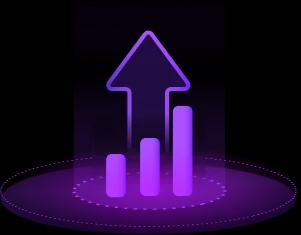
By automating various processes like verification and incentivization, businesses can reduce operational costs and enhance efficiency.
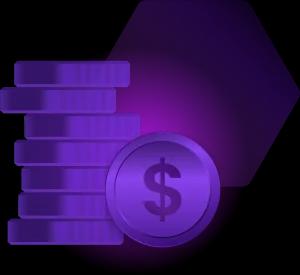
Blockchain's inherent security features protect the community against fraud and malicious activities, providing a safe environment for users to engage in.

With shared profit models and token-based economies, businesses can ensure equitable growth, fostering a healthier and more sustainable community.
